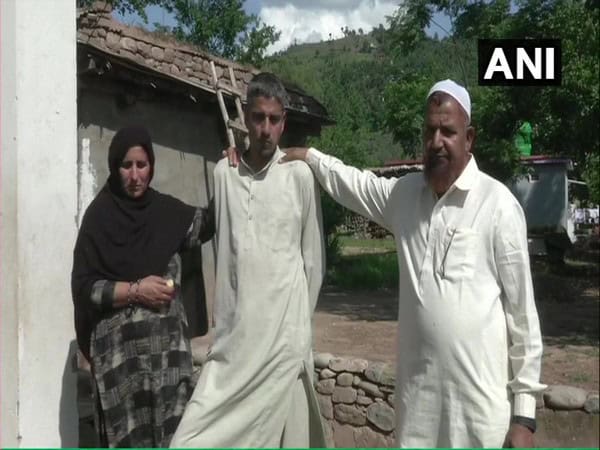NEW DELHI: In a scathing denouncement of the Citizenship Amendment Act, a powerful group of 154 European Union lawmakers proposed a resolution that terms contentious law “discriminatory” and “dangerously divisive” and may lead to the “largest statelessness crisis in the world and cause widespread human suffering”.
The lawmakers belong to the Socialists & Democrats Group in the European Parliament from 26 countries and have submitted the drafted resolution which is slated to be debated on January 29 and a vote is likely on January 30.
Hindu nationalist agenda
The drafted resolution states that CAA not only contradicts Article 14 of the Indian Constitution but also India’s international obligations.
Noting that the controversial citizenship legislation“sets a dangerous precedent and represents an intensification of the Government’s Hindu nationalist agenda” the resolution underlines that “the indivisibility of human rights, including civil, political, economic, social and cultural rights, is one of the main objectives of the European Union in its relations with India.”
It notes that the CAA is, therefore, “explicitly discriminatory in nature as it specifically excludes Muslims from access to the same provisions as other religious groups.”
The lawmakers also condemned the use of “excessive force in the crackdown” on the protests against the amended citizenship law instead of addressing the concerns, and have also called on Indian authorities to stop the “criminalization of protests.”
No Tamils & Rohingyas
The motion also points out that Sri Lankan Tamils and the Rohingya Muslims do not fall under the purview of the CAA.
“Whereas the CAA also excludes Rohingya Muslims from Burma, who have been described by Amnesty International and the United Nations as the world’s most persecuted minority; whereas the CAA also ignores the plight of Ahmadis in Pakistan, Bihari Muslims in Bangladesh and Hazaras in Pakistan, all of whom are subject to persecution in their home countries,” it goes on to add.
Excluding Muslims, the CAA, passed in Parliament last month, grants citizenship to Hindus, Sikhs, Jains, Parsis, Buddhists and Christians fleeing religious persecution from Pakistan, Afghanistan and Bangladesh and who came to India on or before December 31, 2014.

